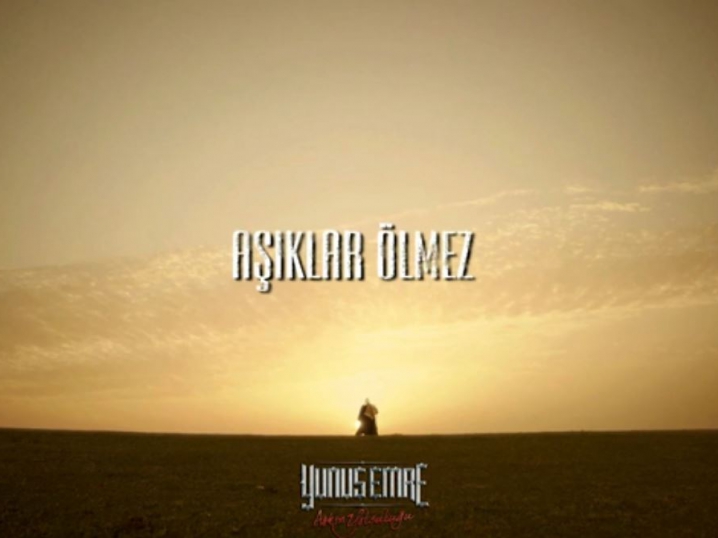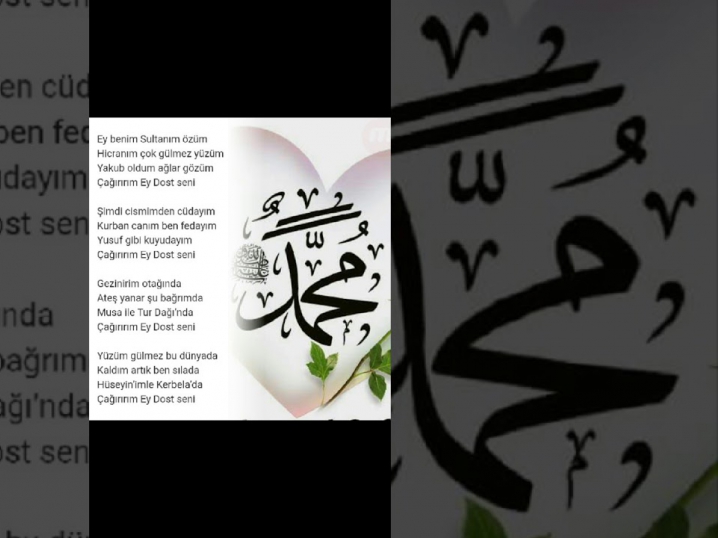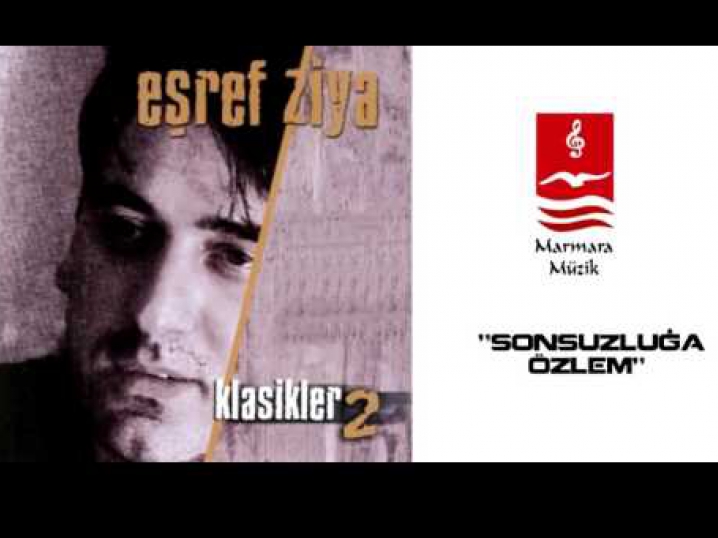- 13 Eylul 2008
- 4125
Ottoman military bands are thought to be the oldest variety
http://en.wikipedia.org/wiki/Ottoman_military_band
Ottoman military bands are thought to be the oldest variety of military marching band in the world. Though they are often known by the Persian-derived word mahtar (Ù Ùتر; mehter in Ottoman Turkish) in the West, that word, properly speaking, refers only to a single musician in the band. In Ottoman, the band was generally known as mehterân (Ù ÙتراÙ, from the Persian plural mahtarÄn), though those bands used in the retinue of a vizier or prince were generally known as mehterhane (Ù ÙترخاÙÙ, meaning roughly, "a gathering of mehters", from Persian "house of the mahtar"). In modern Turkish, the band as a whole is often termed mehter takımı ("group of mehters").
t is believed that individual instrumentalists may have been mentioned in the 8th century Orkhon inscriptions, the oldest written sources of the people who would eventually become the modern Turks[citation needed]. Such military bands as the mehters, however, were not definitively mentioned until the 13th century[citation needed]. It is believed that the first "mehter" was sent to Osman Gazi by the Seljuk Sultan Alaeddin III as a present along with a letter that salutes the newly formed state. From then on every day after the afternoon prayer; "mehter" played for the Ottoman ruler. The notion of a military marching band, such as those in use even today, began to be borrowed from the Ottoman Empire in the 16th century. The sound associated with the mehterân also exercised an influence on European classical music, with composers such as Joseph Haydn, Wolfgang Amadeus Mozart, and Ludwig van Beethoven all writing compositions inspired by or designed to imitate the music of the mehters.
In 1826, the music of the mehters fell into disfavor following Sultan Mahmud II's massacre of the Janissary corps, who had formed the core of the bands. Subsequent to this, in the mid and late 19th century, the genre went into decline along with the Ottoman Empire. In 1911, as the empire was beginning to collapse, the director of Istanbul's military museum attempted a somewhat successful revival of the tradition, and by 1953â'so as to celebrate the 500-year anniversary of the Fall of Constantinople to the forces of Sultan Mehmed IIâ'the tradition had been fully restored as a band of the Turkish Armed Forces.
Today, the music of the mehters is largely ceremonial and considered by many Turks as a stirring example of heroism and a reminder of Turkey's imperial past.
Today, Mehter Troop (Mehter Bölüğü) is a band of the Turkish Armed Forces and it performs at the Military Museum (Askeri Müze) in Istanbul
Mehter, Osmanlı Askeri Bandosu dünyanın en eski askeri bandosudur. Mehter'in tarihi VII. yy. da yazılmış ve Türk tarihinin en eski yazılı kaynağı olan Orhun yazıtlarına kadar uzanmaktadır. Dünya askeri tarihinin bu ilk bandosu geçmiş dönem Türk müziğinin coşkulu ritimlerini de bugüne taşımaktadır.
Mehter teşkilatına bağlı iki türlü mehterhane vardı. Biri resmi teşkilata bağlı olan calici mehterler, diğerleri esnaf mehterleriydi. "Vaka-i Hayriye" diye isimlendirilecek olan bir karar ve hareketle 15 Haziran 1826'da Sultan II. Mahmut tarafindan Yeniçeriliğin kaldırılışıyla beraber Mehter ortadan kaldırıldı.
KUTLU DOĞUM HAFTASI KUTLAMARI DOLAYISIYLA . MEHTER TAKIMI GÖSTERİSİ
-
Quyaşni hem küldürüp (Güneşi hem güldürüp) Qalpge sürür toldurup (Kalbe sürur doldurup) Dostlarni süyündürüp (Dostları se...
-
Bu akl u fikr ile Mevlâ bulunmaz Bu ne yâredir ki merhem bulunmaz. Kamunun derdine derman bulunur Şu benim derdime derman bulunmaz. ...
-
Tarihimizde birçok kere olduğu gibi o gecede; mukaddesat, bağımsızlık ve vatan için canını, malını, tüm varını ortaya koyan ka...
-
Ey benim Sultanım özüm Hicranım çok gülmez yüzüm Yakub oldum ağlar gözüm Çağırırım Ey Dost seni Şimdi cismimden cüday�...
-
Efendimsin cihânda itibârım varsa sendendir Miyân-ı âşıkânda iştihârım varsa sendendir Benim feyz-i hayâtım hâsıl-ı r...
-
Ahhh! gözümün mah-cemâli ahh! Bilki seni sevdikçe nefes alıyorum... Orada göğüs kafesimi çatlatırcasına titreyen yürek! A...
-
Gençlîğîm Gîttî Hazana Döndüm Yaşıyorum Sandım Yaşarken Öldüm Ecelîm Geldî Yanmadan Söndüm Şîmdî Huzuruna Ben Nasıl...
-
Kusuruma bakmayın benim, dostlar, bağışlayın beni. Ben davullara, bayraklara aldırmayan Bir padişahın yoluna düşmüşüm, Deli ...
-
Dünya yoktan var oldu, Muhammed hürmetine, Kalplere iman doldu, Muhammed hürmetine. **** Önce Âdem babamız, sonra Havva anam...
-
Allah'ım,günahkar bir sesleniştir bu. Günahların yükselemeyeceği yüce katına Şanın ne yücedir Sen'in ki; Mülk elindedir.. ...
-
Şu boğaz harbi nedir, varmıki dünyada eşi? En kesif orduların yükleniyor dördü beşi, şüheda gölgesi bir baksana dağlar taşl...
-
Annem başa taç imiş her derde ilaç imiş, Bir evlat pir olsada anneye muhtaç imis İlk oyuncağım sendin sıcacık kun...
-
Bir heyecan sardı beni yokluğun ateşinde Öyle bir gönül bu gönül korku yoktur içinde Yalnız bir ordu gibiyiz dağlar taşlar emr...
-
Hakkı seven âşıkların Eğlencesi tevhîd olur, Aşk oduna yanıkların, Eğlencesi tevhîd olur. Durmaz işim sürer dili, Sorar...
-
Çanakkale içinde vurdular beni Ölmeden mezara koydular beni Of gençliğim eyvah! Çanakkale içinde aynalı çarşı Ana ben gidiy...

























